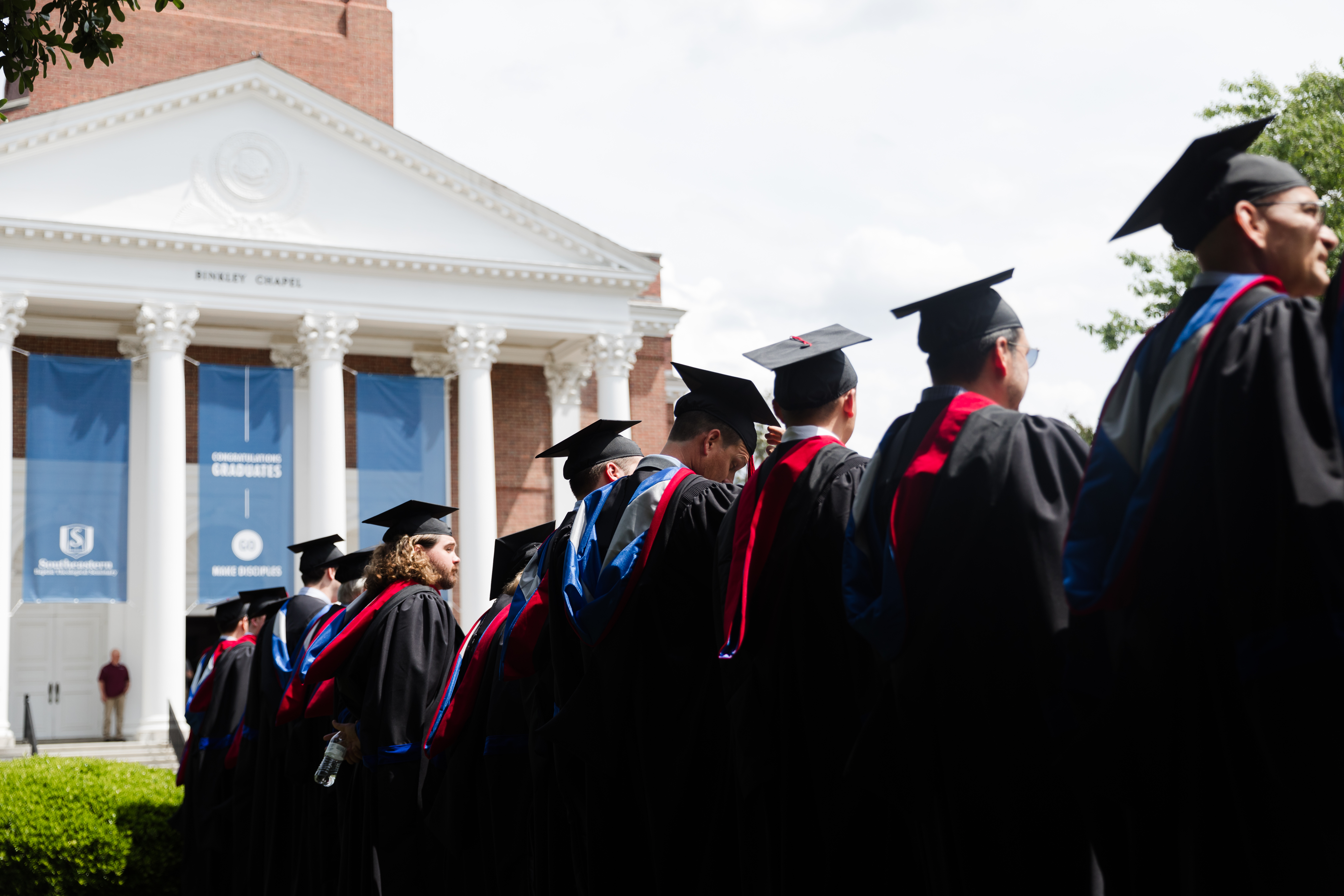According to Frederick M. Hess, a Senior Fellow and of Education Policy Studies at the American Enterprise Institute, there are now around 1000 ‘classical’ schools in the US, and new ventures are starting all the time, including in Europe and Africa. Classical education is also a popular choice for home educators, who have also increased in number since Covid.
It is argued that this traditional method of teaching was used in the West for centuries and successfully nurtured the Christian faith of many generations in this time, as well as driving the progress of Western civilization.
Classical education differs from modern education in a number of ways. The focus is on the long-forgotten core of the “trivium”: logic, rhetoric, and grammar. Subjects include Latin and ancient Greek; classic philosophy and theology; literary classics such as poetry, Shakespeare, and all the well-known writers of Christendom, from Dante to Dickens. While out of fashion in some modern schools due to the concern of over assigning works from too many “white men,” instead these classics provide a “shared tradition” for both black and white, according to Dr. Anika Prather, founder of a classical school herself and author of “The Black Intellectual Tradition.”
The teaching methods are also different from modern progressives. Students are encouraged to memorize facts, to learn and recite literature, and there is a deliberate focus on inculcating virtue and Christian values. A commonly heard phrase is that classical education teaches children “how to think, not what to think.”
While teaching classics is not the same as teaching the Bible, Eric Cook, President of the SCL, argues that both of these traditions once upheld our civilization. “The modern world has seemingly rejected the two abiding beliefs that have characterized the West,” he wrote. “In this sense, classical Christian education is not simply aimed at education reform. It goes much deeper than that. Its starting point, the nature of the human person and an ordered, created reality, are linked to the ending point – wisdom and virtue. If our culture has any hope at recovering a sense of meaning, order, and flourishing, we cannot discard the foundations upon which they are established.”
One pioneer of the movement was English writer Dorothy Sayers, whose 1947 essay “The Lost Tools of Learning” has been influential. She argues that education should return to the goals of the late Middle Ages. “The modern boy and girl are certainly taught more subjects— but does that always mean that they are actually more learned and know more?” she writes. “Although we often succeed in teaching our pupils ‘subjects,’ we fail lamentably on the whole in teaching them how to think. They learn everything, except the art of learning.” Her concern about the education of that time seems even more relevant today.
A yearning for tradition is perhaps one force driving this movement, at least in part. But one of the more startling reasons to try classical education is the results. Anecdotally there are many stories of success, but quantitative evidence also indicates this kind of education can have a considerable impact on students’ life – and faith. When surveyed, graduates from Association of Classical Christian Schools (ACCS) had better outcomes in educational attainment, church attendance and service, and spiritual life and career, according to research conducted by Dr David Sikkink at the University of Notre Dame in Indiana. For example, 90 percent of young adult ACCS alumni had higher than average rates of church attendance and 70 percent read their Bible more than is typical. They described a stronger spiritual life, prayed with their families and talked about God more, had more optimism about the future, and reported more stable marriages.
There were even more benefits when compared to other forms of alternative education, such as homeschooling and private Christian schools. Even when adjusting the statistics to take account of other factors linked with better outcomes, such as family income, classical education had a positive effect on the life and faith of its graduates. And contrary to stereotypes, they showed more tolerance and had improved relationships with people of other religions or those who think differently.
One homeschooling mother who raised her seven children using a Catholic classical education program praised the classical approach for helping children see that God’s existence ‘makes sense.’ “With the grace of God – and in all humility – it works because, if you’re united as a family and as a couple, always putting God first, always praying, he honors that and makes a rough path smooth,” said Jenni Cassidy, as reported in the UK’s Christianity magazine. She now runs Dumb Ox learning, which supports homeschooling families. “I see my adult children now, and I’m so proud of them. They’re full of faith, they all pray daily, they all want to homeschool their own children. It’s all the things you would dream for your children.”





No comments have been added.